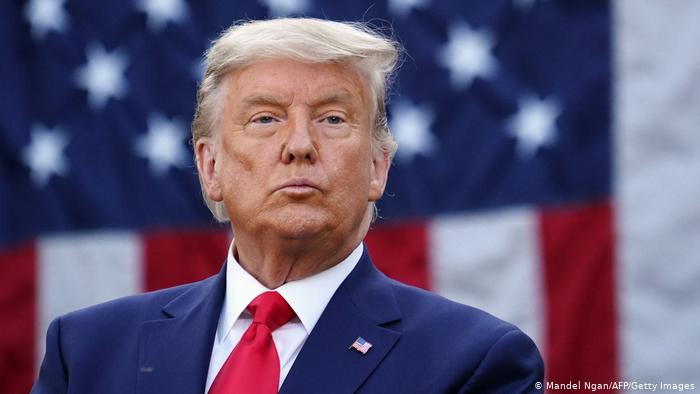
On Monday, the US Supreme Court delivered a ruling stating that Donald Trump, as a former president, is granted a certain level of immunity from prosecution. This ruling is expected to result in a delay in his trial for conspiring to overturn the 2020 election.
The 6-3 decision, which was divided along ideological lines, comes just four months before the upcoming presidential election, where Trump is the Republican candidate facing off against Democrat Joe Biden.
The historic case was the final one heard during the top court’s current term and carries significant implications for executive power and the White House race.
In his majority opinion, Chief Justice John Roberts, a conservative, emphasized that a president is not exempt from the law, but does enjoy absolute immunity from criminal prosecution for official acts carried out during their time in office.
“The president, therefore, cannot be prosecuted for exercising his core constitutional powers. He is entitled, at a minimum, to a presumptive immunity from prosecution for all his official acts,” stated Roberts.
“Regarding a President’s unofficial acts, there is no immunity,” the chief justice stated, directing the case to be returned to a lower court to determine which charges against Trump pertain to official or unofficial conduct.
Trump’s immunity claims had been rejected by both a District Court and a three-judge appeals court panel.
The District Court will now proceed with a series of extensive pre-trial hearings, which will likely result in a trial before the November White House vote being highly improbable.
Trump faces charges of conspiracy to defraud the United States and obstruction of an official proceeding, specifically the joint session of Congress on January 6, 2021, where Biden’s victory was certified.
The former president, who is 78 years old, is facing charges of conspiring to deprive Americans of their right to vote and have their votes properly counted.
- Concern for the state of our democracy –
The three liberal justices expressed their dissent from Monday’s ruling, with Justice Sonia Sotomayor expressing concern for the state of our democracy.
“It is unprecedented in the history of our Republic for a President to believe that they would be exempt from criminal prosecution by utilizing the privileges of their position to break the law,” expressed Sotomayor. “The President’s use of official power has elevated them to a position of authority that is not bound by the law.”
Did the President order the Navy’s Seal Team 6 to eliminate a political rival? Resistant. Attempts to seize control of the government through a military coup? Resistant. Engages in corrupt practices by accepting a bribe in return for granting a pardon? Resistant. “Immune, immune, immune,” she repeated.
Trump, in a post on Truth Social, expressed his satisfaction with the ruling, emphasizing its significance for the Constitution and democracy.
Biden’s reelection campaign team responded by stating that Trump believes he is exempt from the law.
The original trial date for Trump in the election subversion case was scheduled for March 4.
However, the Supreme Court, which is currently comprised of conservative justices, including three appointed by Trump, decided in February to review his argument for absolute presidential immunity. As a result, the case was temporarily paused while the court deliberated on the matter in April.
Keep going and going.
According to Steven Schwinn, a law professor at the University of Illinois Chicago, the ruling suggests that this case will continue to prolong, extending well beyond the upcoming election.
“Trump’s efforts to delay and prolong this matter until after the election have been incredibly successful,” Schwinn remarked.
The opinion highlights how a president can potentially evade prosecution for a specific action by blending it with official government actions, effectively creating a roadmap to avoid legal consequences.